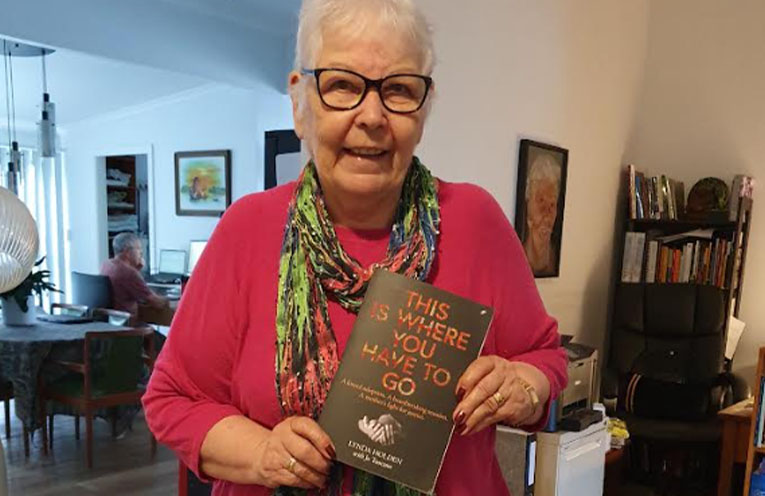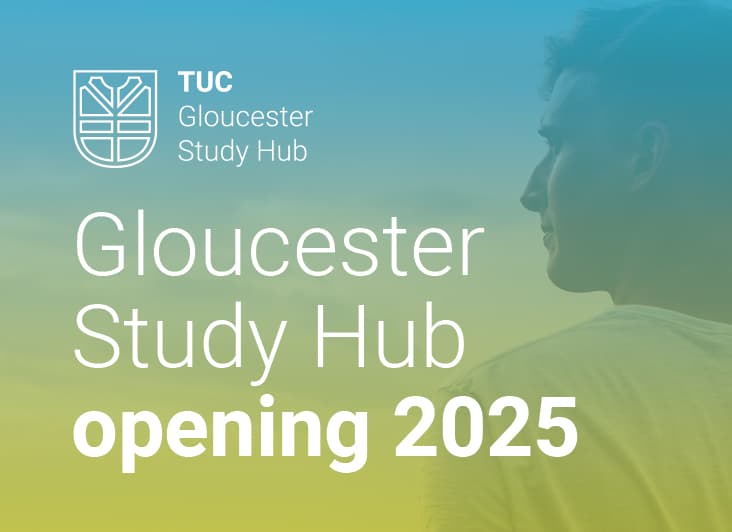GLOUCESTER writer and human rights advocate Lynda Holden is a testament to what an individual can achieve against the odds.
The published author holds degrees in nursing, midwifery and adult education, a Master of Law, Criminology and Human Rights, and is a member of the NSW Ministerial Advisor Council on Ageing.
But her journey wasn’t a simple one.
“I was not required to go to school,” said Lynda, a proud Dunghutti woman.
“I was Aboriginal.”
Lynda credits her father for encouraging her to learn in her early years.
“Education is your future,” she recalls him saying.
“It can change things. It can give direction to your life.”
Returning to Glen Innes, after living on riverbanks in Queensland and NSW to keep ahead of welfare officers, Lynda enrolled in high school where she excelled.
At age 18 in 1970, she was working in Sydney and in a relationship.
Due to a “non-existent” education regarding reproduction and birth control, Lynda fell pregnant.
When the doctor informed her of the news, he handed her the address of a home for unwed mothers in the Sydney suburb of Waitara.
“This is where you have to go,” she recalls him saying.
Lynda assumed that the home would be compassionate and help her through her pregnancy and labour.
Instead, the doctor stated her baby would be “adopted”, however this didn’t raise a red flag because Lynda didn’t understand the legal ramifications of the term.
Lynda was told she had no hope of keeping her child as she was Aboriginal.
Against her wishes, her son, Michael, became one of the 150,000 babies adopted in Australia between 1950 and 1975.
It is estimated that one in fifteen were forced adoptions.
The circumstances which played out became the subject of a 2016 successful lawsuit she brought against a “duplicitous system” that removed her baby without her informed consent.
Her experience became the subject of her 2024 memoir, ‘This Is Where You Have to Go’, co-written by Jo Tuscano.
Lynda’s hope was that her story would empower other women because “the consequences of the past never go away” and are “rarely spoken about because of the shame”.
By Marilyn SANDERSON




